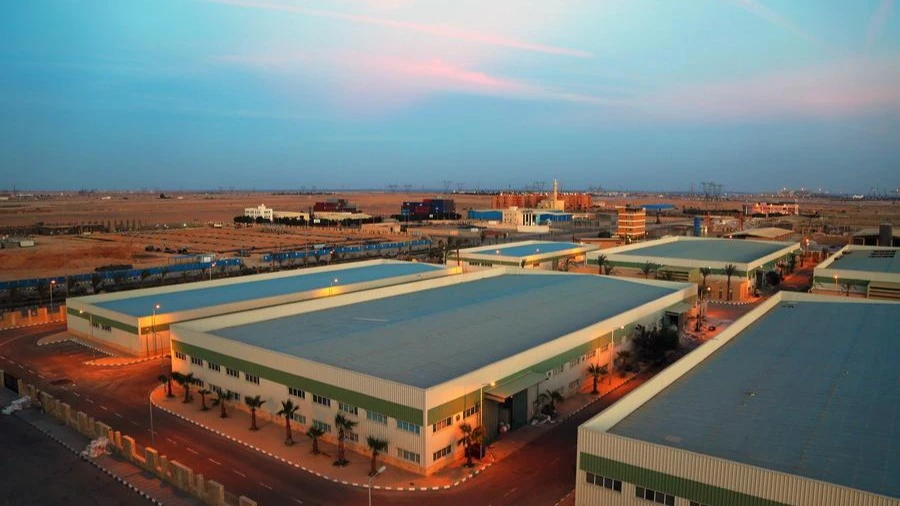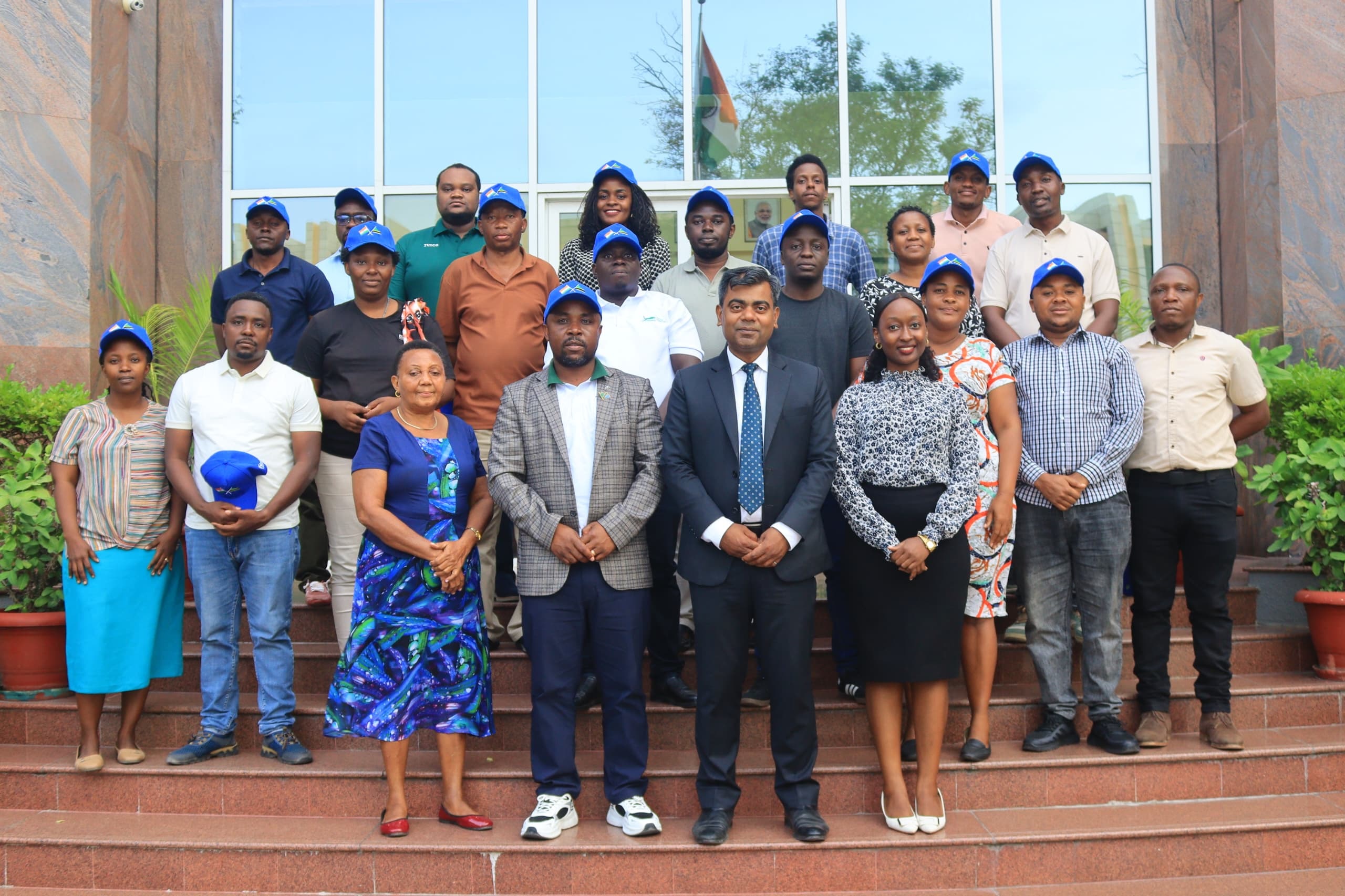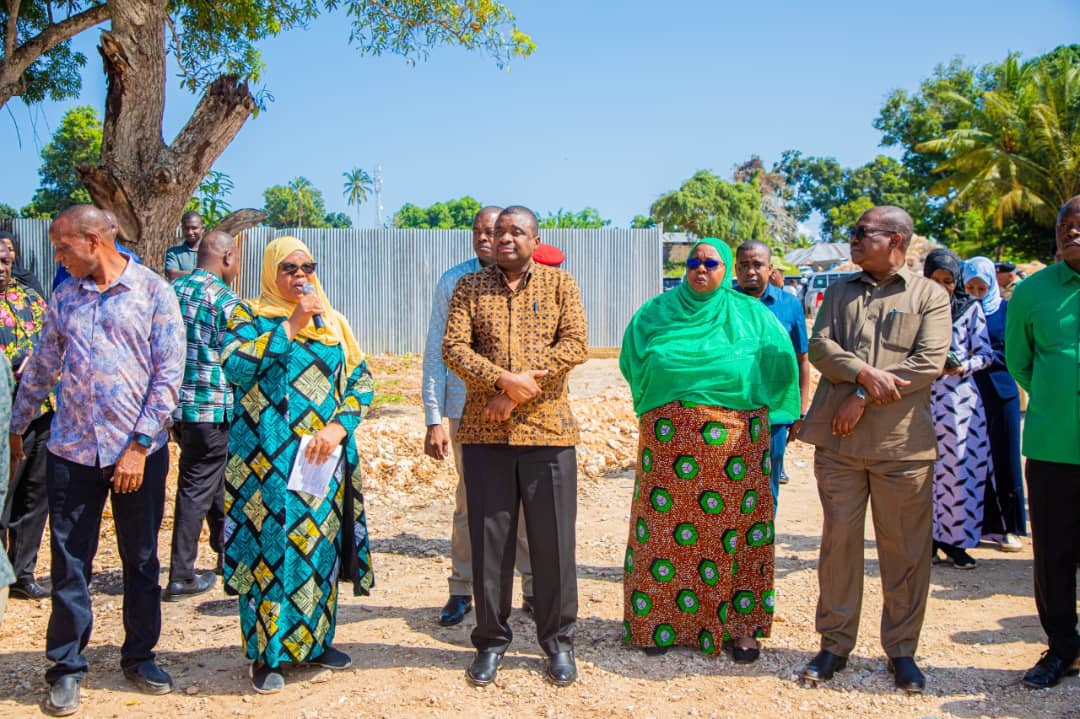DCEA suspects using corpses in drug traffic

THE Drug Control and Enforcement Authority (DCEA) has uncovered a shocking new tactic being used by international drug traffickers—smuggling narcotics into Tanzania using human corpses.
Aretas Lyimo, the DCEA commissioner general, made this observation at a press conference yesterday, citing no cases of arrests or such corpses, affirming simply that criminals have been concealing drugs inside the skulls and chest cavities of deceased individuals.
Traffickers have been removing brain matter from corpses, hiding narcotics inside, and sealing the skulls with industrial adhesives, while also using the chest area, “where drugs are hidden with precision to avoid detection.”
These body bags, a term also used in military operations in transporting those dying on the battlefield, are then shipped into the country under the guise of repatriated remains, he said, intoning that the technique has been effectively countered thanks to modern scanning equipment used at entry points to inspect human remains.
Families need to inspect the bodies of their loved ones before repatriation to avoid being unknowingly involved in criminal activities, he said, pointing at another case where DCEA “arrested a well-known gemstone dealer in Lindi Region for distributing cannabis-laced biscuits.”
Sparing the name of the suspect, he said that the biscuits, made using skunk, a potent cannabis strain, were seized during the arrest. Further investigations led to the discovery of an illegal biscuit factory within the Sinza suburb in the commercial capital.
The biscuits were being distributed in Dar es Salaam, Lindi, Mwanza and Mtwara, with gemstone traders suspected of acting as distributors in mining communities, he said.
He similarly pointed at involvement of foreign nationals in the drug trade using personal relationships and business links, where transport services such as motorcycles, tricycles, taxis and parcel delivery networks are used to deliver such consignments.
In a special operation in the Post Office zone of the central business district, law enforcers arrested two Chinese nationals named as Chein Bai and Qixian Xin for possession of: 1.42 grams of methamphetamine, 1,000 tablets of flunitrazepam (Rohypnol), and 1.92 kilograms of ketamine.
“These drugs are highly dangerous,” the commissioner said, pointing out that they can erase memory, impair judgment and push users toward violence like rape or theft,” he said.
Since early May, DCEA has seized over 37 tonnes of narcotics, including 11,031.42 kg of Mitragyna speciosa (kratom), 13.42 kg of cannabis and 2.21 kg of heroin.
It also uncovered 1.42 g of methamphetamine, 1.92 kg of ketamine, 1,000 tablets of flunitrazepam and six litres of hydrochloric acid, used as a precursor chemical, he stated.
.A significant seizure involved a consignment of kratom disguised as fertiliser, imported from Sri Lanka, with the shipment intercepted at the Temeke Inland Container Depot, he said.
Kratom contains mitragynine and 7-hydroxymitragynine, described as psychoactive compounds stimulating or sedating the brain and, in some cases, cause sudden death, he said.
In a different sphere, 1,045.5 acres of cannabis farms were destroyed in countrywide operations. Locally cultivated drugs—cannabis, khat and skunk—made up 26 tonnes out of the 37 tonnes seized, he said.
Cannabis plantations were found and destroyed in Ruvuma, Mbeya, Mara, Kagera, Dodoma, Tabora, Morogoro, and Arusha, he said, urging the public to avoid engaging in any aspect of the drug trade, especially distribution or consumption. Foreign nationals need to strictly adhere to Tanzanian laws as law enforcement knows no nationality or social status boundaries when it comes to drug crimes, he added.
Top Headlines
© 2025 IPPMEDIA.COM. ALL RIGHTS RESERVED






















